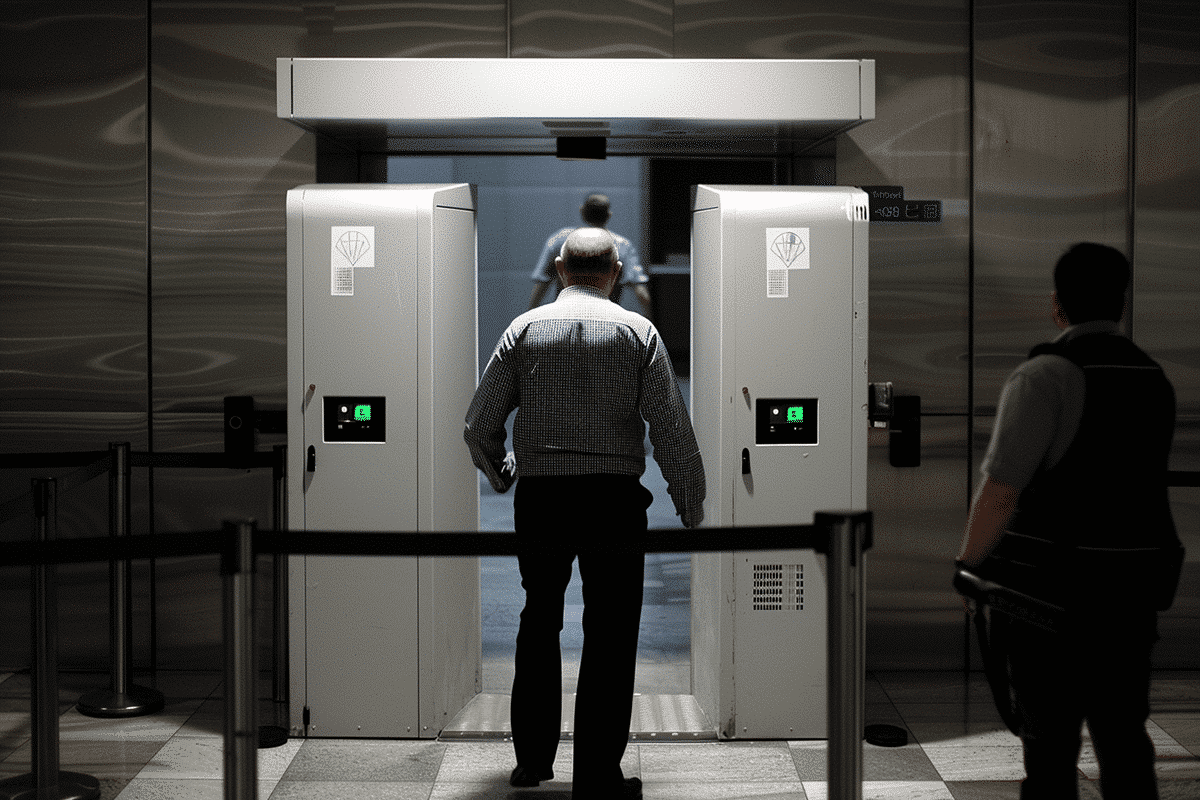In an innovative approach to curbing violence, Manitoba’s Health Sciences Centre (HSC), under the jurisdiction of Shared Health, is set to deploy an artificial intelligence (AI) weapon detection system at key entry points. This cutting-edge technology, which deviates from traditional metal detectors, will be piloted at the facility’s emergency department and Crisis Response Centre starting later this month.
The move towards AI-assisted security measures comes in response to a series of violent incidents at the downtown Winnipeg facilities. The pilot program aims to enhance safety without the cumbersome process associated with conventional security systems. Unlike metal detectors, which require individuals to remove all metal objects, causing delays and queues, the AI system promises a smoother, more efficient entry.
Shared Health has confirmed that the technology will scan individuals as they enter, without the need to remove keys, cell phones, belts, or shoes. This approach not only speeds up the process but also reduces the intrusiveness of security checks, making it a more acceptable solution for daily operations at the hospital.
Drawing on experiences from other healthcare facilities, the AI system has already been implemented at Windsor Regional Hospital in Ontario. The system there has successfully detected more than 1,800 knives and other edged weapons over the past nine months. This precedent offers a hopeful outlook for the HSC’s pilot program.
However, the deployment of such advanced technology does not come without its controversies. Critics and security analysts have expressed concerns regarding the effectiveness of the AI systems. Some analysts argue that the technology has yet to reach the level of sophistication required to fully deliver on its promises. There have been instances where AI systems, despite their advanced billing, failed to detect weapons, as was the case in a New York school where a student managed to smuggle a knife through the system.
Nevertheless, companies specializing in AI weapon detection, such as Xtract One, emphasize that the effectiveness of these systems largely depends on the settings and the specific environment in which they are used. They advocate for realistic expectations, acknowledging that no system can capture all weapons without the right configuration and usage.
In addition to the AI weapon detectors, Shared Health has implemented other security measures at the HSC, including increased patrols, the installation of extra cameras, and the addition of panic alarms. These actions collectively represent a comprehensive strategy to improve safety for both healthcare workers and the public.
As part of the pilot program, several companies will participate, offering their technology at no cost to the health authority. Importantly, none of the AI systems involved in the pilot will utilize facial recognition technology, addressing potential privacy concerns.
The health authority also plans to strategically place amnesty lockers near the detectors, allowing individuals to voluntarily deposit any items they do not wish to be scanned.
Looking forward, the Health Minister has indicated that this pilot is just one step in a series of measures aimed at enhancing security across various hospitals. As the pilot progresses, the results will be closely monitored, and adjustments will be made as necessary, ensuring that the AI weapon detection systems not only provide security but also maintain the flow and accessibility crucial to emergency healthcare settings.
